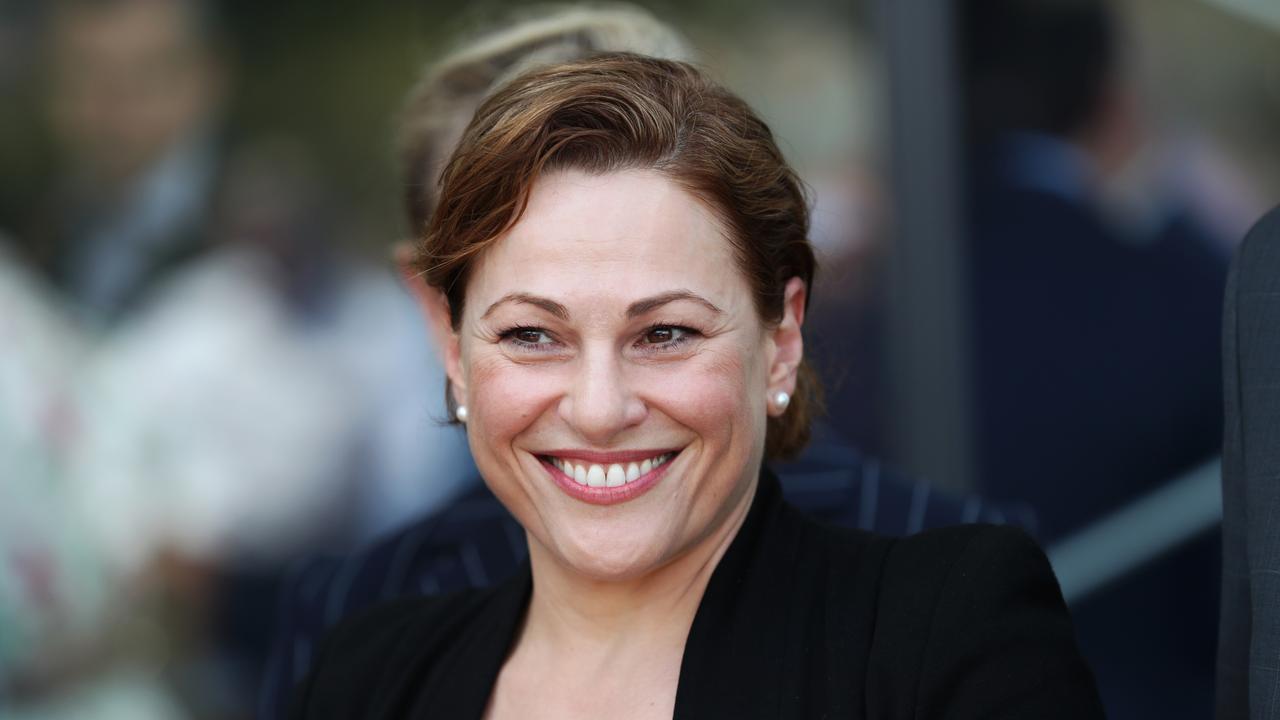Premier 'in loop' on abuse cover-up
A FORMER minister has used parliamentary privilege to accuse Premier Jay Weatherill of being part of a mystery email chain.
A FORMER education minister and state treasurer has used parliamentary privilege to accuse South Australian Labor Premier Jay Weatherill of being part of a mystery email chain
The chain alerted recipients to what a royal commissioner found was "one of the most appalling sexual assaults on a child at a government school", but was then kept from parents for two years.
The allegation -- strenuously denied by Mr Weatherill -- capped off a horror week for the Premier. He would not directly answer questions in parliament about one of his spin doctors, whose role has opened up a key discrepancy in the findings of a royal commission, and was unable to stop a new inquiry being established by upper house MPs.
In a joint news conference, popular independent senator Nick Xenophon backed the new parliamentary inquiry into unanswered questions from the damning royal commission and called on ministers to front it if called, even as Mr Weatherill maintained he would not co-operate.
Senior Labor figures are now questioning the Premier's handling of the fallout from ongoing revelations about the rape of a child by a school services officer in December 2010, when Mr Weatherill was education minister, as the ALP's focus turns to winning a fourth term at the next state election, due in March.
Party headquarters is said to be furious no Labor MP raised any objection when, during debate to set up a select committee of inquiry, Liberal frontbencher Rob Lucas, a 30-year veteran of the house, used parliamentary privilege to canvass further points of investigation into an incident that has rocked Labor since it was exposed by the opposition last October.
In a statement, the ALP accused Mr Lucas of using parliamentary privilege to make "spurious allegations . . . if he had any guts he would repeat them outside (parliament)".
Mr Lucas said he stood by his remarks. He told parliament that identifying the recipients of a forwarded email alert "is an important issue that has still not been resolved".
The royal commission established that at the time of the incident, Mr Weatherill's chief of staff received an email about the sex abuse and forwarded it. The commission found that, upon a change of minister, there was a process known as DBAN, which stands for Darik's Boot and Nuke, which overwrites every sector on a hard drive so that data cannot be recovered.
It was because of DBAN, the royal commission report says, that the recipients of the forwarded email cannot be recovered. Mr Weatherill's desktop computer, the report says, was wiped. Nothing "relevant" was found on his personal laptop, which enabled emails to be read but not stored.
Royal commissioner Bruce Debelle said: "In light of all this evidence . . . (Mr Weatherill) was unaware both of the contents of the email and of the arrest."
Mr Lucas told parliament the two most likely recipients of the email fell into two categories.
"One is it could potentially be, obviously, minister Weatherill," Mr Lucas told parliament.
"The other broad category of person that it might have been forwarded to is another ministerial staffer, in particular, perhaps, a media adviser: that is, the chief of staff receives the email and then decides that it needs to be forwarded to somebody else in terms of sharing this particular information."
Mr Lucas said new advice from forensic IT experts with a good working knowledge of the South Australian Government Electronic Messaging Service demanded further inquiry.
These experts, including one used by SA Police, say there are two separate email traffic logs held by Telstra, which "will indicate all the detail in relation to whom the email was sent".
"Investigation, or questions asked of Telstra, in relation to these traffic logs were not considered," Mr Lucas told parliament.
Mr Weatherill in parliament declined to clear up another discrepancy in the royal commission's report. It has emerged a ministerial media adviser, not called before the Debelle inquiry, was told about the child's rape and consulted on a disclosure strategy more than a month before the royal commission report stated her minister and office was first informed.


